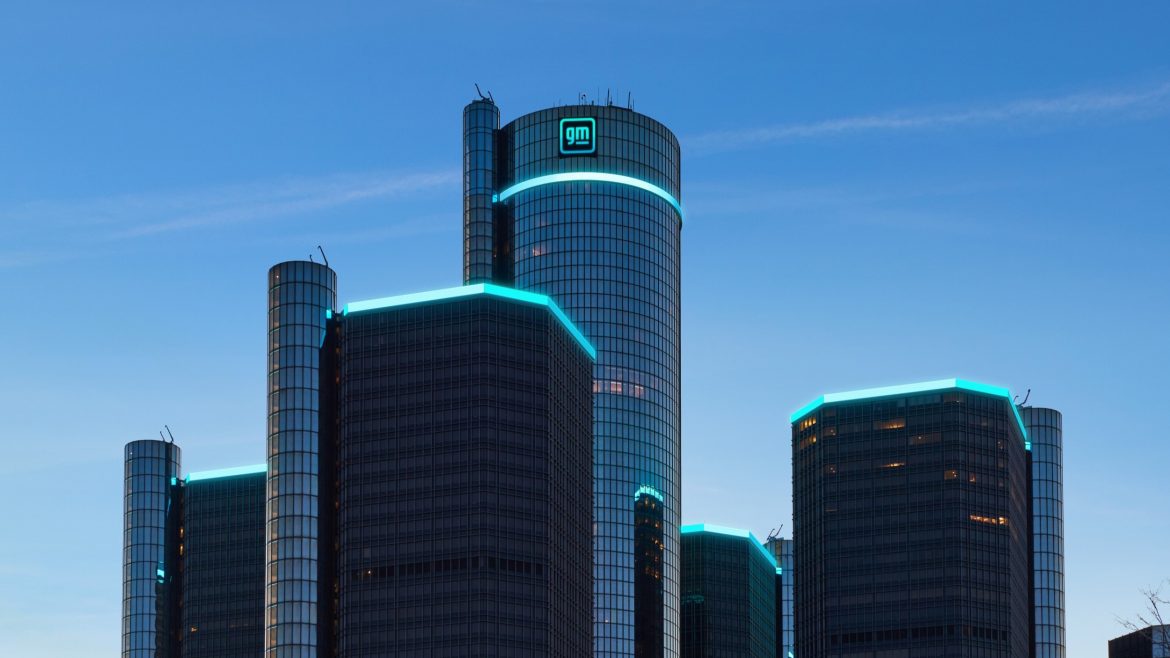US automaker General Motors will move its headquarters deeper into downtown Detroit by next year, after spending more than 20 years in its riverfront home at the Renaissance Center. The company’s global headquarters will be placed a few blocks away from the so-called RenCen, in a sleek new high-rise building called Hudson’s, which is also the second-tallest skyscraper in Detroit.
The new headquarters will provide collaborative areas for employees, space to host events as well as display vehicles. However, CEO Mary Barra maintained that GM will continue to call Detroit its home for a long time to come. As of now, GM remains the only member of the Detroit Three automakers to have its headquarters in the Motor City.
While Ford Motor’s home base is nearby in Dearborn, Michigan, Chrysler parent Stellantis has its main North American office in Auburn Hills, Michigan, about 30 miles from Detroit. Ford is in the process of rehabilitating Michigan Central Station in downtown Detroit – the city’s historic but dilapidated former rail station – to be a large hub for tech workers and software engineers.
The GM headquarters, with its glowing logo atop one of the towers, has become an important part of Detroit’s skyline since the automaker purchased the property in 1996. The location proved to be “a milestone that helped spark a downtown renaissance,” the company wrote on its website.
To develop the company’s Renaissance Center headquarters over the next year, GM will partner with real estate firm Bedrock, which is led by billionaire Dan Gilbert, and with the City of Detroit and Wayne County, Barra said.
GM has entered into an initial 15-year, multi-level lease for the top office floors as well as showcase space at the street level, the automaker said in a statement. Meanwhile, financial terms between GM and Bedrock have not yet been disclosed.
During the pandemic, when the automaker allowed people to work from home, Barra fielded questions about whether GM would remain on the riverfront. Since then, the company instituted a policy wherein workers are asked to come to the office three days per week.



